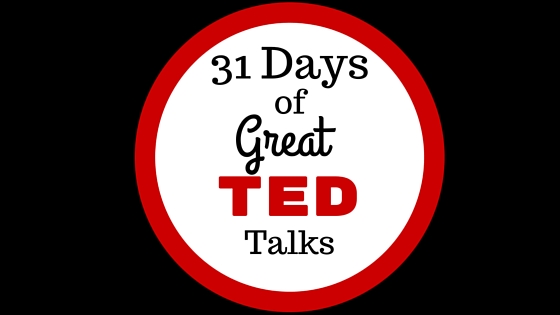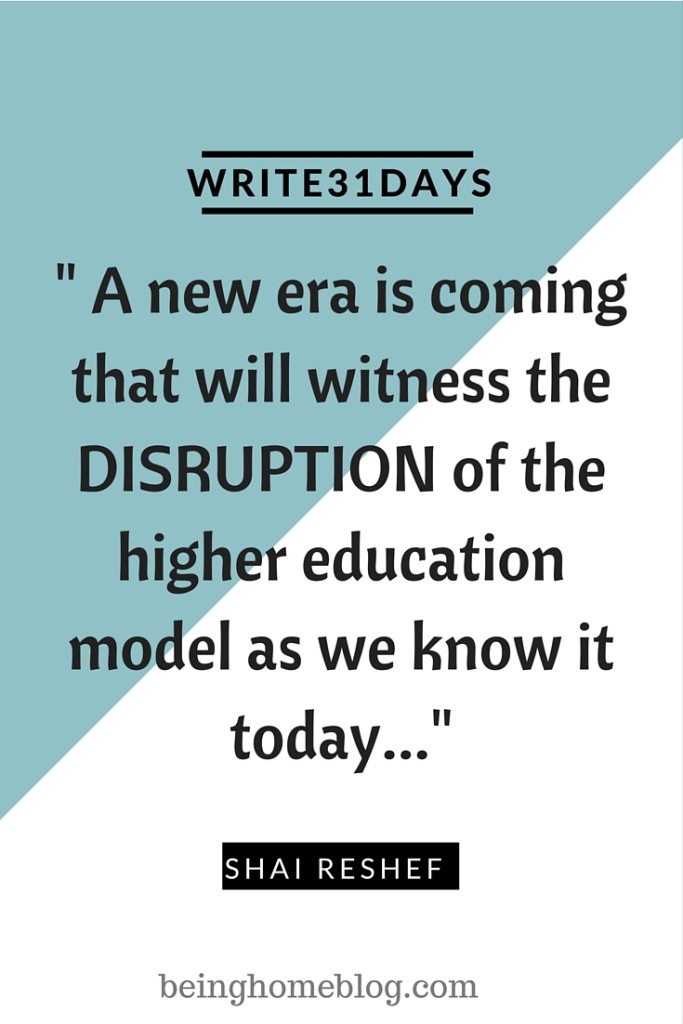What’s so haunting about this TED talk by Kevin Breel a young writer, comedian and activist is how he could be just about any kid I know.
I realize anyone can suffer from depression at any time but you don’t think of young, athletic, academic and funny kids when you think of depression. You think of the kid who OBVIOUSLY doesn’t fit in and that circumstance leading to depression.
The thing is, how do I know that any of the 4 kids under my roof aren’t suffering or struggling with depression if, as Kevin described, it’s possible to present two different personas?
Let’s say my kids are all relatively healthy, mentally and emotionally speaking, it sounds like there’s a great chance that one or more of their friends, who otherwise looks healthy and stable is suffering. How can you tell?
Mental health issues are so stigmatized unlike other organs and body parts that are broken that it’s nearly impossible for kids to reach out to the people most likely to be able to help them.
I would love to hear what Kevin has to say about his parents’ role in helping him understand his depression and his ability to advocate for mental health. According to his website, he traveled extensively as a teenager doing stand-up comedy, it sounds like they’re pretty supportive.
If you watch this talk, please let me know if you also can’t stop thinking about it.
Kevin has a new book out that I’m anxious to read.
Disclosure: This post contains affiliate links. If you make a purchase through a link, I receive a small commission at no additional cost to you. Thanks.


